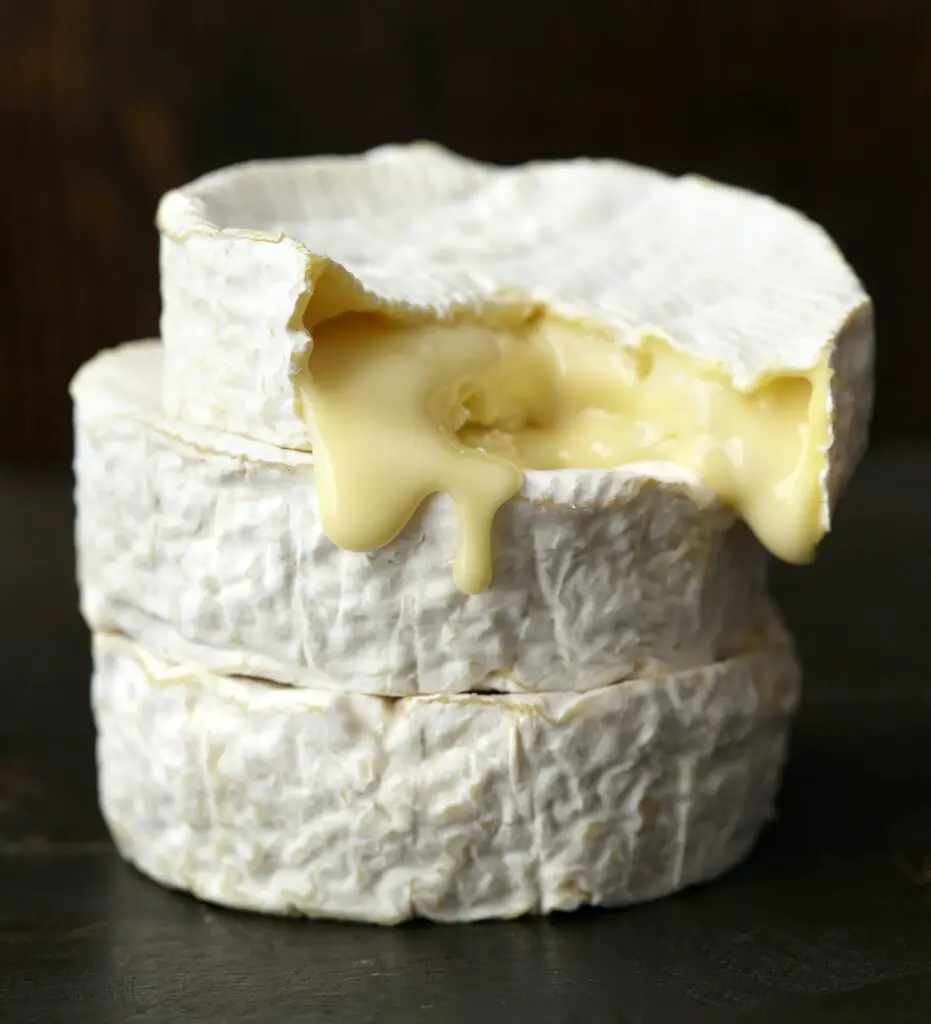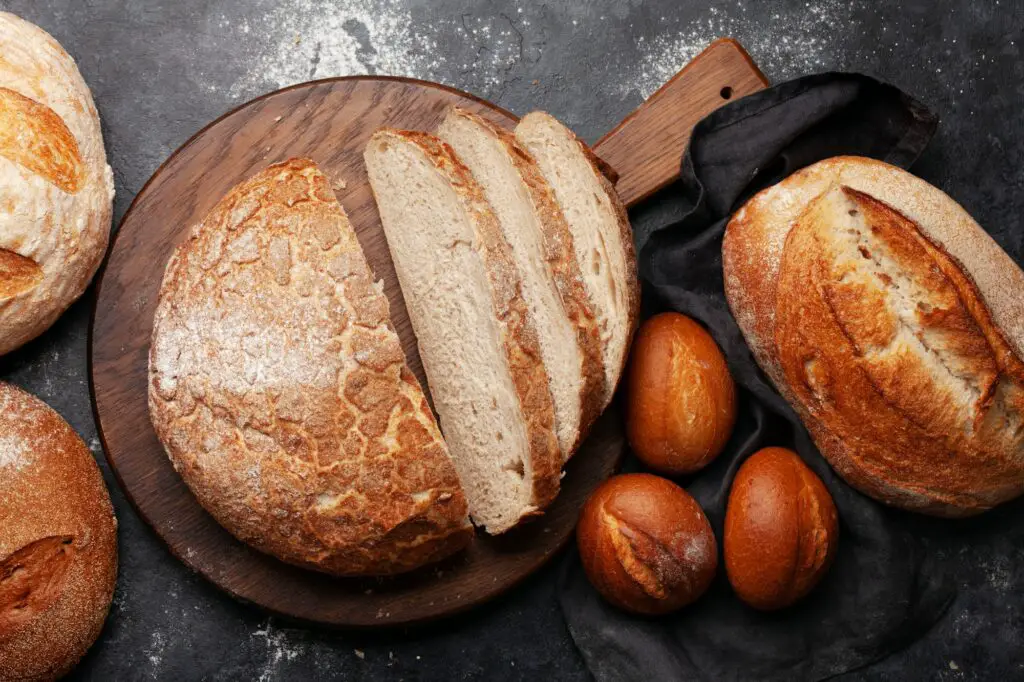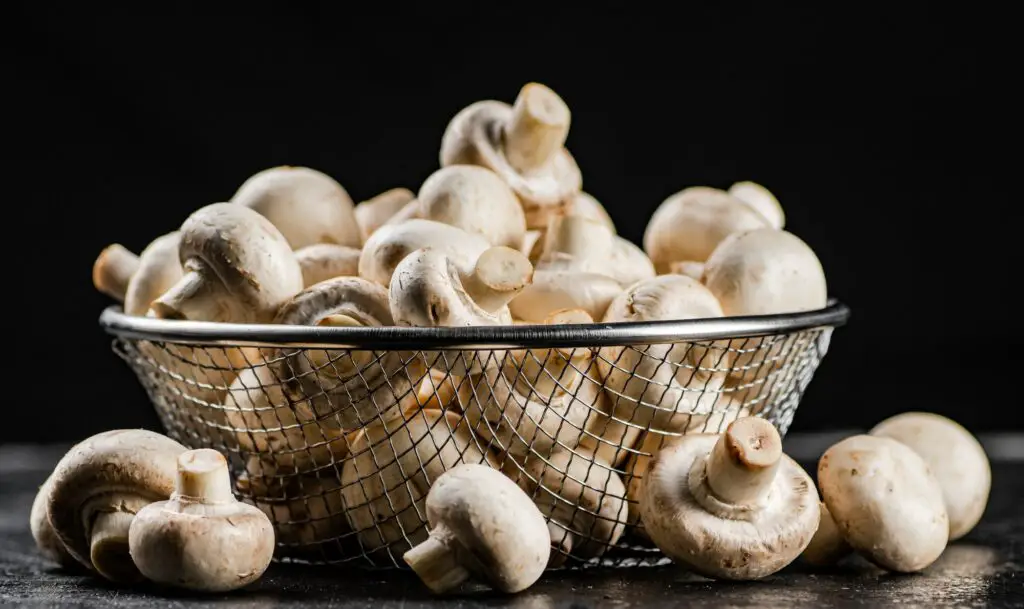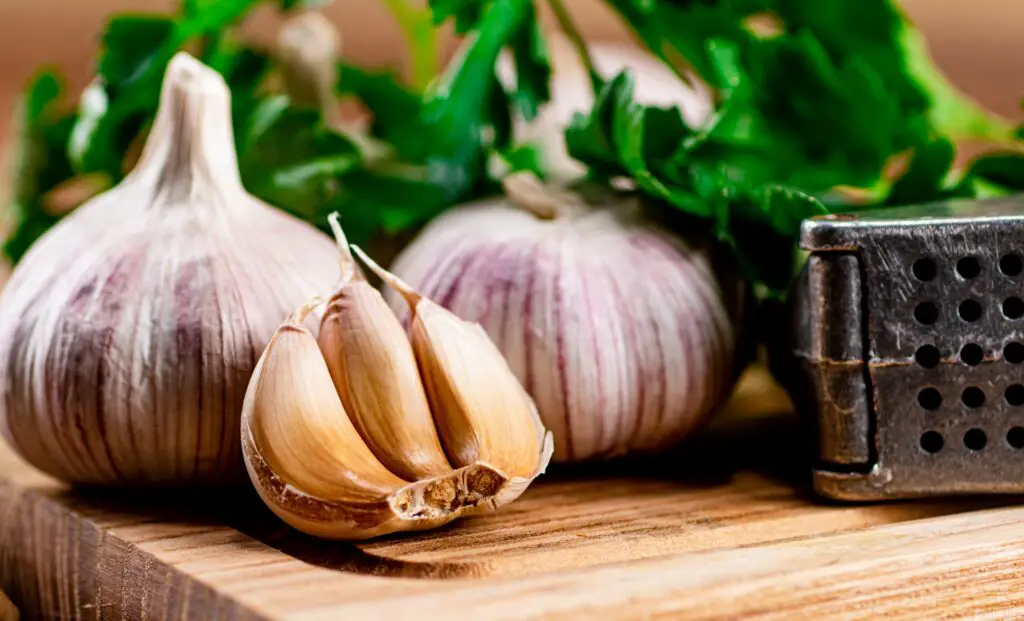While vacuum sealing can work wonders for some foods, there are certain types of food that should never be vacuum sealed. So, in this article, we’ll explore six foods that should never be vacuum sealed. From soft cheeses to garlic, these foods can pose a risk of spoilage or even food poisoning if vacuum sealed improperly. By understanding the limitations of vacuum sealing, you can ensure that your food stays fresh and safe to eat.
So, let’s get started and explore the 6 foods you should avoid vacuum sealing.
Soft Cheeses
Ready for some cheesy advice? Soft cheeses like brie and camembert should never be vacuum sealed! These types of cheeses are known for their delicate texture and flavor, and vacuum sealing them can actually ruin their taste and texture. When you vacuum seal soft cheeses, you remove all the air from the packaging, which causes the cheese to become compressed and lose its natural shape. This can affect the texture of the cheese, making it mushy and unappetizing.

In addition, vacuum-sealing soft cheeses can also cause them to spoil faster. Soft cheeses need to breathe in order to stay fresh, and sealing them in a vacuum-tight bag can actually speed up the process of spoilage. This is because vacuum sealing removes all the air from the packaging, which means that there is no oxygen present to help slow down the growth of bacteria. As a result, soft cheeses that are vacuum sealed are more likely to develop mold or other types of bacteria, which can make them unsafe to eat. So, if you want to enjoy the full flavor and texture of your soft cheeses, it’s best to avoid vacuum-sealing them altogether.
Bread
Hey, don’t even think about sealing your bread with a vacuum seal! It’ll end up squished and stale, ruining your next sandwich. Bread needs to breathe in order to stay fresh, and vacuum sealing it deprives it of the oxygen it needs. The vacuum seal will also compress the bread, flattening it and making it unappetizing to eat.

If you want to keep your bread fresh for longer, there are better ways to do it. Store it in a bread box or paper bag, or wrap it loosely in plastic wrap. These methods will help the bread retain some moisture while still allowing it to breathe. Just remember, a vacuum seal is not the way to go when it comes to bread.
Mushrooms
If you want to savor the earthy flavor and delicate texture of mushrooms, it’s best to store them properly and avoid ruining them. While vacuum sealing may seem like a good idea to keep them fresh for a longer time, it’s actually not recommended. The reason for this is that mushrooms are highly perishable and require a specific environment to maintain their quality.

Vacuum sealing mushrooms can lead to the growth of harmful bacteria due to the lack of oxygen inside the seal. The moisture content of the mushrooms can also cause them to become slimy, which is not appetizing at all. Instead of vacuum sealing, it’s best to store mushrooms in a paper bag or a container with holes to allow air circulation. This will help to keep them fresh for a longer time without compromising their flavor and texture.
Garlic
Garlic, with its pungent aroma and flavor, is a staple ingredient in many cuisines around the world. However, it is not recommended to vacuum seal garlic due to its high moisture content. When garlic is vacuum sealed, the anaerobic environment can promote the growth of bacteria that thrive in moist environments, such as Clostridium botulinum, which can cause botulism.

Botulism is a serious illness that can cause paralysis and even death. Symptoms include weakness, dizziness, double vision, difficulty speaking and swallowing, and respiratory failure. To avoid the risk of botulism, it is best to store garlic in a cool, dry place, such as a pantry or kitchen cabinet. If you need to store garlic for a longer period, you can chop it and freeze it in an airtight container or freezer bag.
Raw Mushrooms
Raw mushrooms are a delicious and nutritious addition to many dishes, but it’s important to know the best way to store them to ensure their freshness and flavor. Vacuum sealing, however, is not the best method for preserving raw mushrooms. This is because mushrooms contain a high level of moisture and vacuum sealing them can actually accelerate their spoilage.
When mushrooms are vacuum sealed, the lack of air causes them to release moisture, which can lead to the growth of bacteria and mold. Additionally, the vacuum sealing process can cause the mushrooms to become slimy and mushy. Instead, it’s best to store raw mushrooms in a paper bag or a loosely closed container in the refrigerator. This allows for air circulation and prevents moisture buildup, which helps to extend their shelf life. By following these simple storage tips, you can enjoy fresh and delicious mushrooms in your meals for longer.
Foods with High Moisture Content
Storing items with high moisture content can be tricky, but it’s important to know the best methods to avoid spoilage. Foods like fruits, vegetables, and cooked pasta contain a lot of moisture, and vacuum-sealing them can lead to the growth of harmful bacteria. When vacuum sealed, the lack of oxygen can create an anaerobic environment that encourages the growth of botulism, a dangerous bacteria that can cause food poisoning.
To avoid this, it’s best to use alternative methods for storing foods with high moisture content. For example, freezing is a great way to preserve these types of foods. By freezing them, you’re able to maintain their freshness and avoid the growth of harmful bacteria. If you do choose to vacuum seal these types of foods, make sure to use a vacuum sealer that has a moisture control feature, which helps to regulate the amount of moisture in the package. Additionally, consider adding a layer of paper towel to absorb excess moisture before sealing.
Frequently Asked Questions
Can you vacuum seal soft cheeses if you freeze them first?
Yes, you can vacuum seal soft cheeses if you freeze them first. Freezing will firm up the cheese and prevent it from being squished during the vacuum sealing process. However, be sure to use a gentle vacuum setting to avoid crushing the cheese.
Will vacuum-sealing bread make it last longer?
Vacuum-sealing bread can actually make it go stale faster. The lack of air can cause the bread to dry out and become tough. It’s best to store bread at room temperature in a bread box or paper bag.
Why shouldn’t mushrooms be vacuum sealed?
Mushrooms shouldn’t be vacuum sealed because they require some airflow to stay fresh. Without it, they’ll become mushy and spoil quickly. It’s best to store them in a paper bag instead.
Is it safe to vacuum-seal garlic?
It’s safe to vacuum seal garlic, but it’s important to properly prepare it by peeling and finely chopping or pureeing it first. Whole garlic cloves can trap harmful bacteria and lead to botulism.
Can you vacuum seal foods with high moisture content if you use a special vacuum sealer bag?
You can vacuum seal foods with high moisture content if you use specialized bags designed for this purpose. However, it’s still important to follow proper food safety guidelines to prevent the growth of harmful bacteria.
